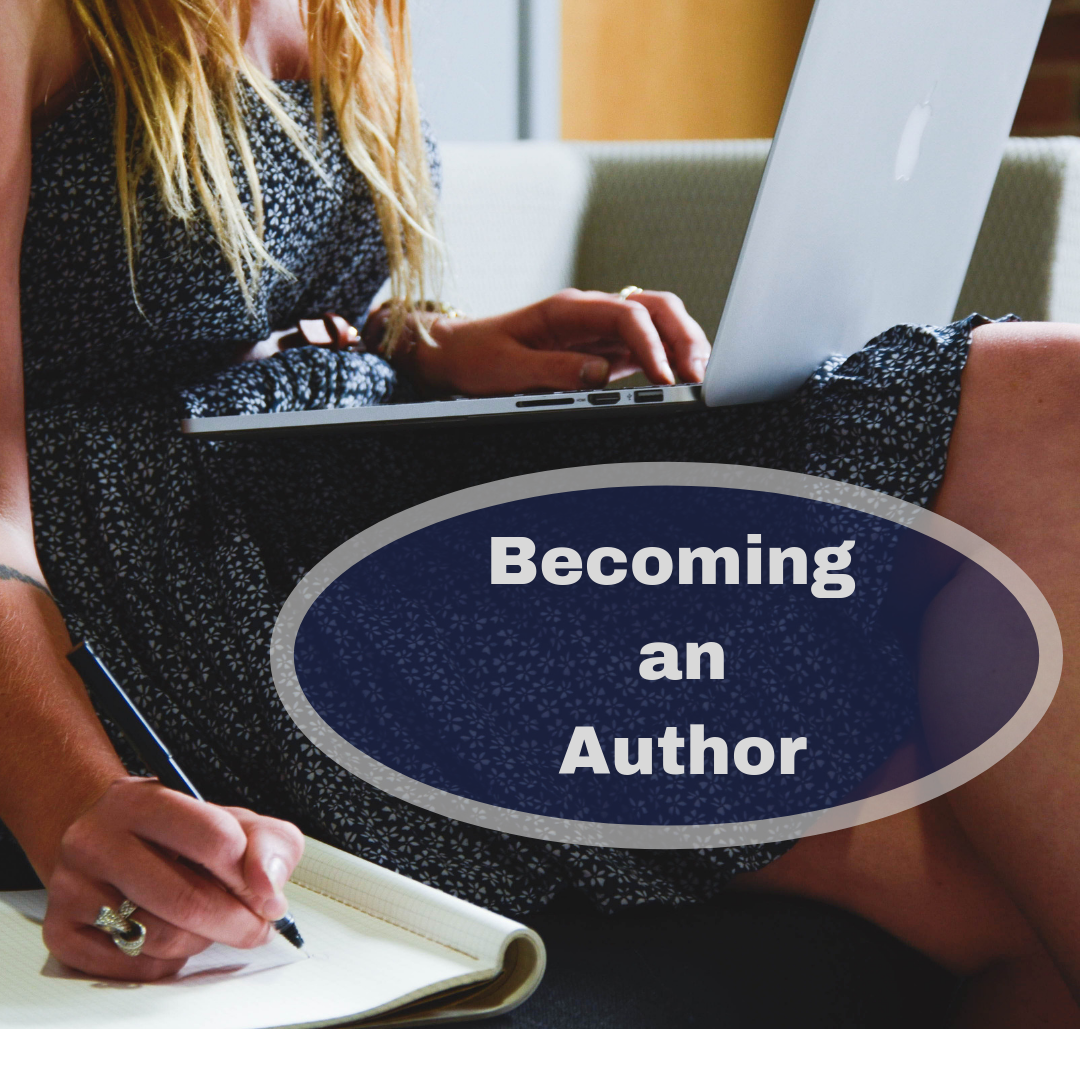
Mastering Middle Grade
From Middle Grade Writer to Middle Grade Author
Oh, my friend. Let me tell you a story. Ten years, one month, and twelve days after I left…
September 16, 2021
Oh, my friend. Let me tell you a story. Ten years, one month, and twelve days after I left…
September 16, 2021
The writing journey is not for the faint of heart. The rejections, critiques, and setbacks provide plenty of opportunities…
February 9, 2021
Every year around this time, I take a moment to reflect on the progress I have made as a…
December 9, 2020
There’s no denying that COVID has brought about drastic changes to our world in 2020. Yes, most of these…
October 9, 2020
It seems as though every season in the publishing industry invites a new waiting game: Writing the book. Editing.…
March 9, 2020
It can be discouraging to not receive a response on your submission—and even more frustrating when the response is…
December 9, 2019